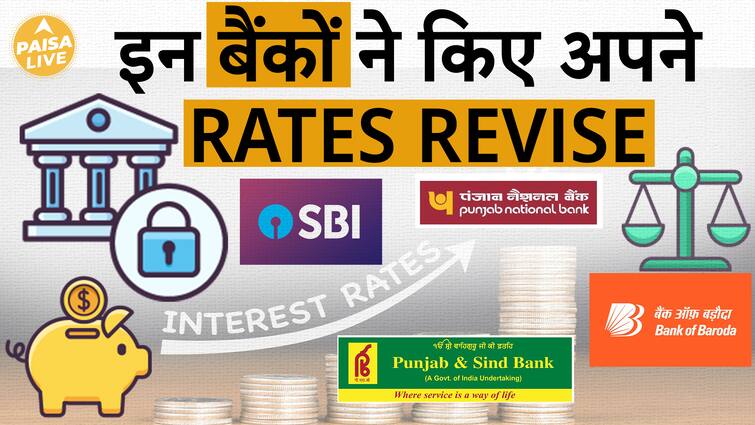- July 8, 2024
Own a Credit Card? The 7 Fees Banks Won’t Tell You About, Check Details – News18

Last Updated:
Credit card companies and banks levy substantial fees under different names, which can prove costly if not understood properly.
Whether you currently use a credit card or are considering applying for one, it’s crucial to familiarise yourself with the charges you may encounter.
The popularity of credit cards is on the rise in our country. However, many users overlook the various charges associated with them. Credit card companies and banks levy substantial fees under different names, which can prove costly if not understood properly. Whether you currently use a credit card or are considering applying for one, it’s crucial to familiarise yourself with the charges you may encounter.
1. Joining Fee and Annual Charges: Most credit cards require a joining fee and an annual charge. The joining fee is a one-time payment, whereas the annual charge is recurring every year.
2. Finance Charges: If you don’t pay your credit card bill in full, the bank applies finance charges on the remaining balance. Experts advise clearing the entire bill to avoid these charges, rather than paying only the minimum amount due.
3. Cash Advance Fee: This fee is imposed by credit card companies or banks when you withdraw cash from an ATM using your credit card.
4. Surcharge at Petrol Pumps: Many card users are unaware that a surcharge is applied when purchasing petrol or diesel using a credit card.
5. Forex Markup Fee: When you use your credit card for transactions abroad, card companies apply a forex markup fee.
6. Card Replacement Fee: In cases where a card is lost or stolen, companies charge a fee to issue a replacement card.
7. Over Limit Fee: If you exceed your credit card’s prescribed limit, banks or card companies charge an over-limit fee for such transactions.
Understanding these charges can help you manage your credit card expenses more effectively and avoid unnecessary costs.







